Migrations Program
Yichen Wang

Migrations Graduate Fellow
Yichen Wang studies how migrants’ social connections—both offline and online—shape well-being and health in new environments. Her work examines how digital use transfers into emotional fulfillment, the role of social networks, and the protective power of social support. By linking social relationships to mental and physical health, she provides insights into cultivating belonging and resilience in migrant communities.
Additional Information
Waleska Solorzano
Migrations Graduate Fellow
Waleska Solorzano is a PhD candidate in Latin American studies. Her interdisciplinary research revolves around questions of aesthetics, domestic culture, migration, ontology, oral histories and testimonies, and the politics of representation. She examines how desires for familial belonging and the spatial dynamics of community-building proliferate within Venezuela and the diaspora through contemporary artistic practices and productions.
Additional Information
Vicente Mata
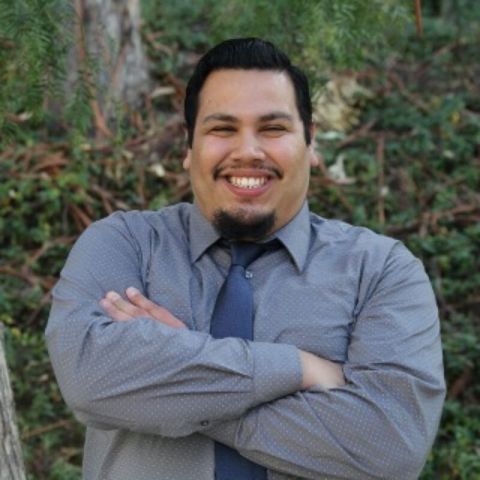
Migrations Graduate Fellow
Vicente Mata’s research examines how broader geopolitical trends in which humanitarianism is co-opted by state and political interests, has historically and contemporarily, shaped political discourse on immigration and restrictive anti-immigrant policies at the U.S.-Mexico border.
Additional Information
Trifosa Iin Simamora
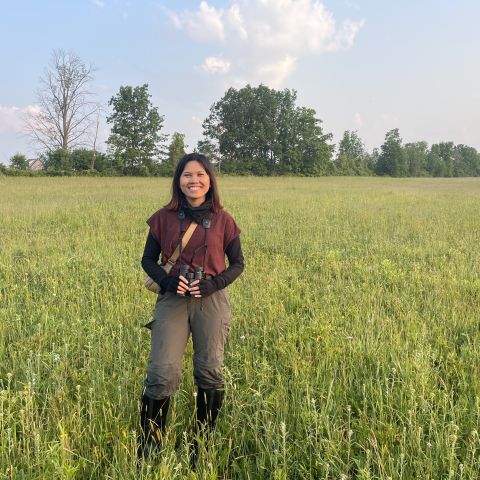
Migrations Graduate Fellow
Trifosa Iin Simamora studies the impact of renewable energy development on migratory grassland birds in New York State. Her work assesses how the expansion of solar farms displaces the habitat of vulnerable grassland bird species and develops conservation strategies in collaboration with agencies and NGOs. She connects local conservation to the broader migratory range across the Americas.
Additional Information
Kathryn Foster
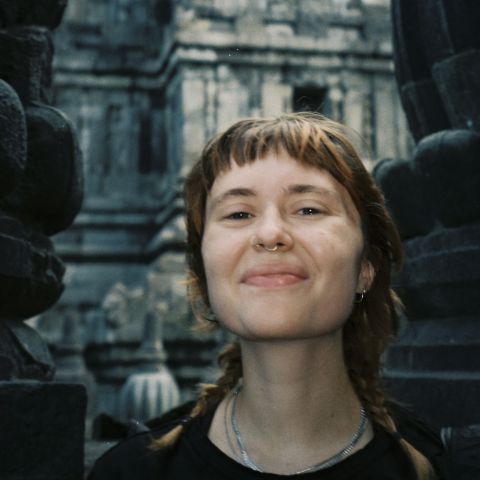
Migrations Graduate Fellow
Kathryn Foster’s research explores climate-driven migration in the U.S., focusing on how flooding prompts relocation. Using mixed methods and case studies in the southern United States, they examine how socioeconomic status, recovery aid access, and demographics shape migration decisions. Their work highlights inequities in post-disaster recovery and seeks pathways to more equitable adaptation to climate change.
Additional Information
Hamidullah Nikzad
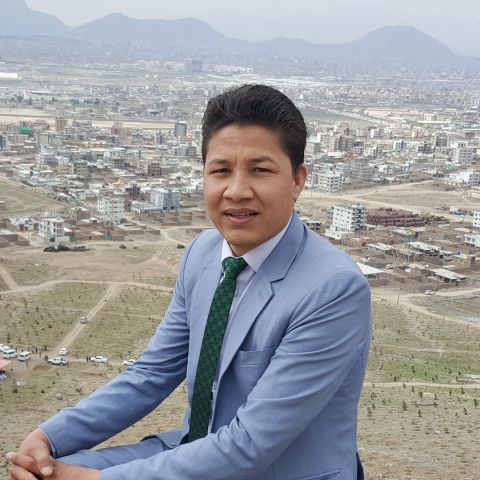
Migrations Graduate Fellow
Hamidullah Nikzad is a researcher and advocate whose work focuses on the intersection of climate change and conflict, intensifying food insecurity, and migration in fragile contexts. Drawing on provincial-level data from 2017 to 2024, his thesis examines how climate variability and conflict incidents contribute to acute food insecurity and influence migration pressures in Afghanistan.
Additional Information
Danielle Obisie-Orlu
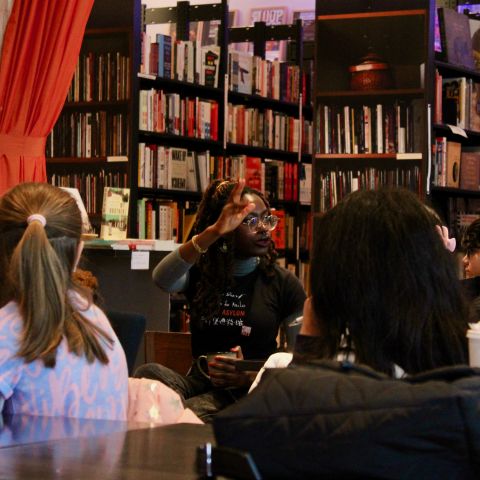
Migrations Graduate Fellow
Danielle investigates migration through the lenses of law, policy, and social advocacy. Her work spans xenophobia and migrants’ rights in South Africa, France, and the EU, as well as collaboration with the African Commission on Human Rights through the Migrants Rights Initiative.
Beyond academia, she mentors migrant youth in public speaking and poetry, amplifying their voices as self-advocates.
Additional Information
Adolfho Romero

Migrations Graduate Fellow
Adolfho Romero is a PhD researcher in the ILR School who studies how worker centers and allied nonprofits build voice, dignity, and durable power for migrant and low-wage farmworkers.
Additional Information
Research at Risk: Cultural and Language Fluency
SEAP and SAP lose funding, seek solutions
The federal government has announced the end of National Resource Center and FLAS funding, which has supported area studies training for decades.
Additional Information
Faculty Research Seed Grants: Global Hubs Info Session

October 1, 2025
12:00 pm
Join this info session to learn about 2026 Global Hubs Faculty Research Seed Grants offered by Global Cornell as part of our Global Hubs initiative. Info session attendees will learn about the grant opportunity and application tips through a short presentation and Q&A.
Through these seed grants, Cornell faculty from across the university are invited to apply for research funds to work with collaborators at Hubs partner institutions. Funded projects should lead to tangible outcomes, including the submission of at least one co-authored peer-reviewed publication and at least one application for external grant funding.
Up to 20 applications for research with a Global Hubs collaborator will be funded.
Successful proposals will receive up to $5,000 from Cornell, with the potential for matching funds from some Global Hubs partner universities.
Application deadline: October 15, 2025, 4:00 p.m. ET
Project duration: January 1–December 31, 2026
Virtual information sessions:
September 18, 2025, 12:00–1:00 p.m. ET (register)
October 1, 2025, 12:00–1:00 p.m. ET (register)
Learn more and apply for a Global Hubs joint seed grant.
Additional Information
Program
Einaudi Center for International Studies
Latin American and Caribbean Studies
Reppy Institute for Peace and Conflict Studies
East Asia Program
Southeast Asia Program
Institute for African Development
Institute for European Studies
South Asia Program
Migrations Program
Southwest Asia and North Africa Program
